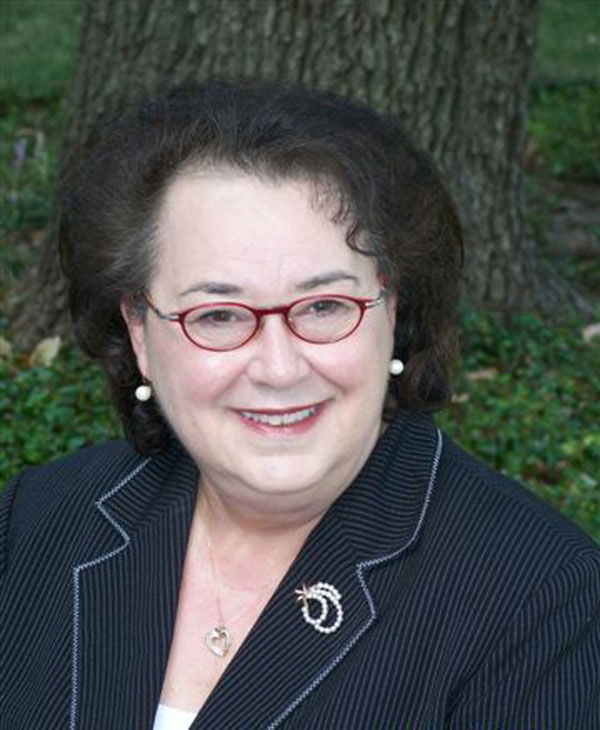For same-sex couples who want a family, CPS may be a more affordable route than private agency placements
DAVID TAFFET | Staff Writer
taffet@dallasvoice.com
Adoption has become a common option for gay and lesbian couples that want to have a family. But there’s a lot to know before becoming an adoptive parent.
“In Texas, unmarried couples cannot adopt as a couple,” said Leslie Clay, chief development officer at Hope Cottage, the oldest non-sectarian adoption center in Dallas. But that applies equally to straight and gay couples.
Many couples have opted to go outside of Texas, especially when they are using a surrogate and they want the second parent to adopt and be added to the birth certificate.
But Texas does have laws that are favorable to the adoptive parents.
Texas law is silent on the issue of second-parent adoptions by same-sex couples, according to Jenny L. Womack, an adoption attorney in private practice.
“The only place Texas gets into it is on the birth certificate,” she said.
Texas only allows one man and one woman to appear on the birth certificate. An adopted child’s name, however, may reflect both parents’, and will normally be granted during the original single-parent adoption.
Traditionally, Dallas couples have traveled to San Antonio to get their second-parent adoption completed. Bexar County will allow an attorney to direct a case into a particular court and attorneys know exactly which judges will approve a second-parent adoption by same-sex parents.
But Womack said she has had luck recently in Dallas.
“When we had the Democratic sweep, it brought judges in who will do a second-parent adoption,” she said.
While she files adoptions by opposite-sex parents in juvenile court, Womack files same-sex-parent adoptions at the George Allen Courts Building and has been successful there.
Her advice to couples who want to adopt is to visit an adoption attorney first.
Hope Cottage Executive Director Sonyia Hartwell explained that there are two types of adoptions — private and through Child Protective Services.
Hope Cottage is located on McKinney Avenue in Uptown and welcomes same-sex couples. The minimum age for adoptive parents at that agency is 26 and same-sex couples must be in a stable relationship of at least two years.
Hartwell said that the mother placing her child in an adoptive home often participates in choosing the parents. She said CPS works well with same-sex couples.
Most adoptions are done through an agency. Private adoptions are legal in Texas but may not be arranged by individuals. Attorneys and doctors cannot act as adoption agents. Only licensed agencies may.
However, if a private adoption is arranged through a contact, the adopting parents are legally allowed to pay only medical, legal and counseling expenses. Rent, maternity clothes or grocery assistance may only be paid for through a licensed agency. Paying those expenses directly is classified as paying a fee for a child, and is a felony in Texas under laws that prevent baby selling.
Agencies may pay those expenses but are also prevented from helping a birth mother in some ways. The agency can pay rent or utilities but not a rent or utility deposit.
A home study is required by all agencies. CPS assigns its own caseworkers but a couple may choose anyone approved to do home studies. That includes a number of people in the LGBT community.
“I tell my clients to be open and honest and don’t freak out,” Womack said.
Hartwell said same-sex couples who successfully adopt are completely out about their relationship and who they are.
“You have to hold yourself out as a couple,” she said.
That means being out to family members and co-workers.
She said that couples that aren’t out won’t have the support of family, friends and co-workers necessary for successful adoptions.
Hartwell said that CPS adoptions are a good, lower-cost alternative to private adoptions.
She suggested couples should be as open-minded as possible.
Older couples aren’t likely to get infants. Younger couples who want infants and are adopting through CPS are more likely to get a placement if they’ll take an older sibling as well.
Hartwell said that the state doesn’t like to break up families.
Hartwell encouraged couples thinking of adopting to schedule an appointment to discuss the possibility. She said most will interview several agencies before settling on one.
An attorney is necessary to file the adoption by the first parent and later by the second.
CPS needs homes to place the thousands of children without parents in Texas.
Clay summed up what they’re looking for.
“We’re looking for good parents,” she said.
For referrals to adoption attorney across the country, visit AdoptionAttorneys.org.














